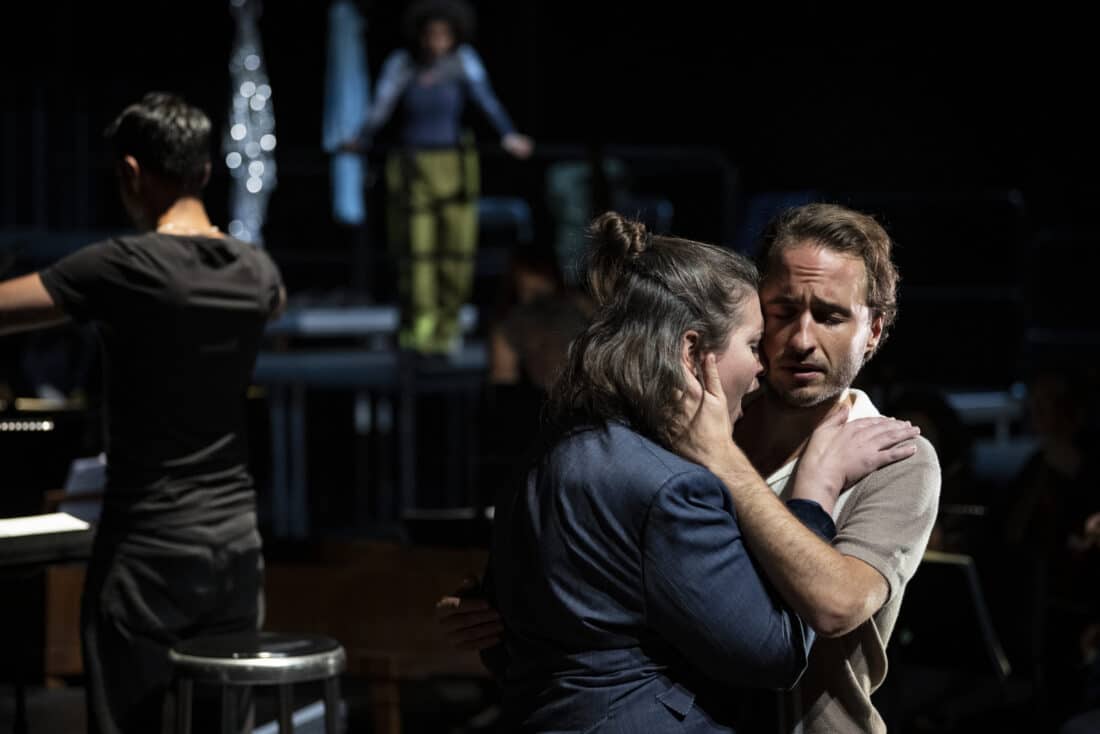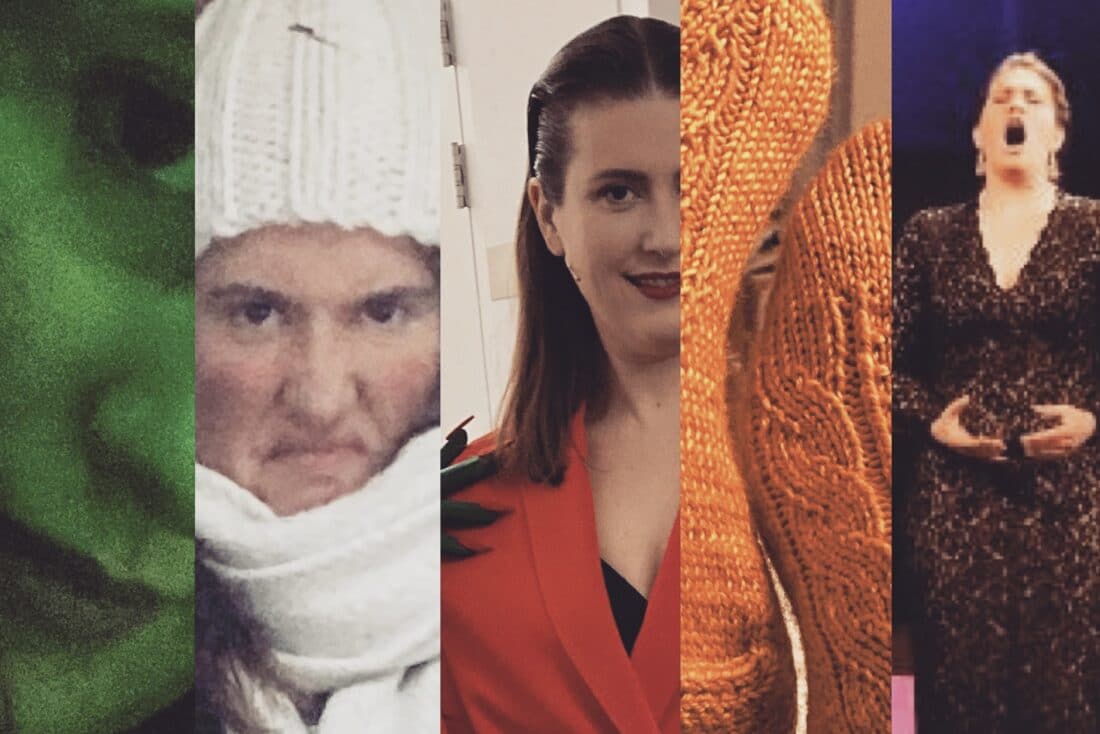Barzakh and art as resistance
Just after noon on November 6th, 2024, I beeped myself into the Ghent opera house and trudged up a flight of stairs with my head lowered, trying to hide my red eyes and puffy face.
The previous day’s piano dress rehearsal had gone very well. Later, we’d had a farewell dinner for Amandine, our rehearsal pianist whose role in the production ended that day. It’s an unusually friendly group of colleagues here, and our conversation over frites and fragrant Belgian beers had ranged from the project to our personal lives to politics—specifically what was at stake in that day’s US election. (I’m the only American here, but no one could avoid thinking about it.)
I put myself to bed early, woke in the middle of the night, and checked the results. Frantic anxiety came first, then numb shock. Eventually, when it seemed the unthinkable had become the inevitable, grief closed over me like a silent black wave.READ MORE



